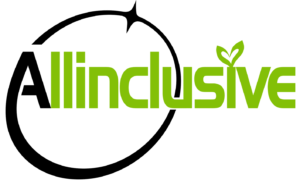Coffee, as one of the most popular drinks in the world, has rich stories and values behind it. As concerns about sustainability and ethical responsibility continue to grow, coffee certification has become an important symbol representing the joint efforts of producers and consumers. In this article, we’ll take a look at six common coffee certifications and explore the stories and meanings behind them.

1. Fair Trade
Fair trade certification mainly involves trading directly with local coffee farmers at fair prices. The idea behind this certification is that every penny consumers pay should directly benefit coffee growers and their communities. The Fairtrade mark represents trade fairness and social responsibility. By purchasing Fairtrade certified coffee, consumers support the rights and improved living conditions of farmers around the world.
2.Rainforest Alliance
Rainforest Alliance certification focuses on protecting ecosystems and promoting community development. Its logo is usually accompanied by a green frog, symbolizing ecological balance and sustainable agriculture. Rainforest Alliance certified coffee comes from environmentally friendly growing practices, ensuring a harmonious coexistence between forest protection and farmer livelihoods.
3. Organic Coffee Certification
Organic coffee certification is a guarantee that no synthetic chemicals are used in the growing process. The organic coffee mark is a commitment to the environment and human health, protecting the purity of soil and water sources by avoiding the use of chemical pesticides and fertilizers, while providing a healthier and natural coffee experience.
4. UTZ certification
UTZ certification aims to promote sustainable agricultural practices and farmer community development. Its logo is a blue circle, representing the global agricultural production network. UTZ-certified coffee not only meets environmental and social standards, but also ensures a double improvement in coffee quality and farmers’ income.
5.Bird Friendly
Bird-friendly certification was established to protect bird habitats. By adopting an eco-friendly approach to growing coffee, Bird-Friendly certification protects trees and vegetation, providing a safe habitat and food source that plays a vital role in maintaining bird diversity.
6. Direct Trade
The direct trade model is an unofficial certification that ensures a fairer and more transparent trade relationship by directly connecting coffee producers and buyers. Although there is no unified logo, direct trade represents a closer connection between consumers and producers, and a higher quality coffee experience.
When choosing coffee, the certification mark is not only a guarantee of quality, but also a reflection of sustainability and ethical values. By choosing certified coffee, we not only enjoy a delicious drink, but we also contribute to the future of the planet and society.
For more information about coffee certification, you can leave a message or contact us.


